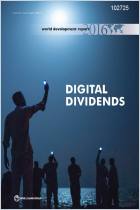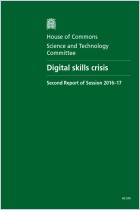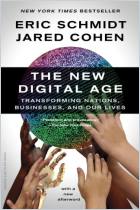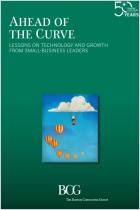Full participation in contemporary society requires digital media skills and web access. Most jobs demand at least minimal digital skills, and even governments assume everyone has an email address. The “digital divide” splits the haves and have-nots in digital media access and use. This isn’t only a technological issue: It determines whether a society includes certain people. Governments and other institutions can reduce the digital divide’s impact by establishing thoughtful policies and better access. Professor Jan van Dijk’s study, based on 25 years of research, suggests sensible, actionable solutions policy-makers can implement in government, businesses and educational institutions.
Inequalities in access, training and digital media use create the digital divide.
The digital divide describes the differences among individuals’ levels of access to digital media and their degree of usage. People, businesses or countries experience varying aspects of the digital divide, such as whether a person is educated and affluent, whether a business is large or small, and whether a country is developing or prosperous.
The digital divide is not a simple, straightforward split between haves and have-nots; it’s a spectrum that runs across society from an educated, affluent population with full access to digital media in all forms to a large middle ground with varying levels of access, and then to impoverished, marginalized people with little or no access.
The digital divide is problematic for society at multiple levels. No one can fully participate in the economy or contemporary society without access to digital media. The exclusion of those without digital access exacerbates social inequalities and affects learning and economic activity and growth.
Even among those with criminal intent, people without ...





















Comment on this summary or 开始讨论